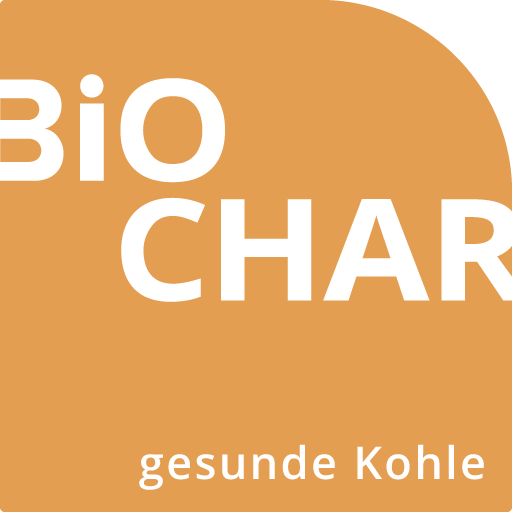How Your Cattle Benefit from
Biochar:
- Reduced mortality rates
- Lower stress levels in animals
- Strengthened immune system
- Improved feed intake and nutrient utilization
- Reduction of the aflatoxin concentration in feed up to 74% and in milk up to 45%
- Decreased incidence of hoof diseases
- Fewer intestinal and diarrheal diseases
- Lower fungal contamination in feed, leading to fewer animal health issues
- Improved stable hygiene and reduced odor pollution
- Increased feed efficiency with better weight gain
- Higher milk yields due to stress reduction
- Improved meat quality
- Reduced veterinary costs
- Lower methane emissions (cost savings on CO2 taxes)
- Improved stable hygiene (reduced need for expensive ventilation systems)
- Improved manure management (reduced need for additional fertilizer)
- Possible subsidies and funding programs
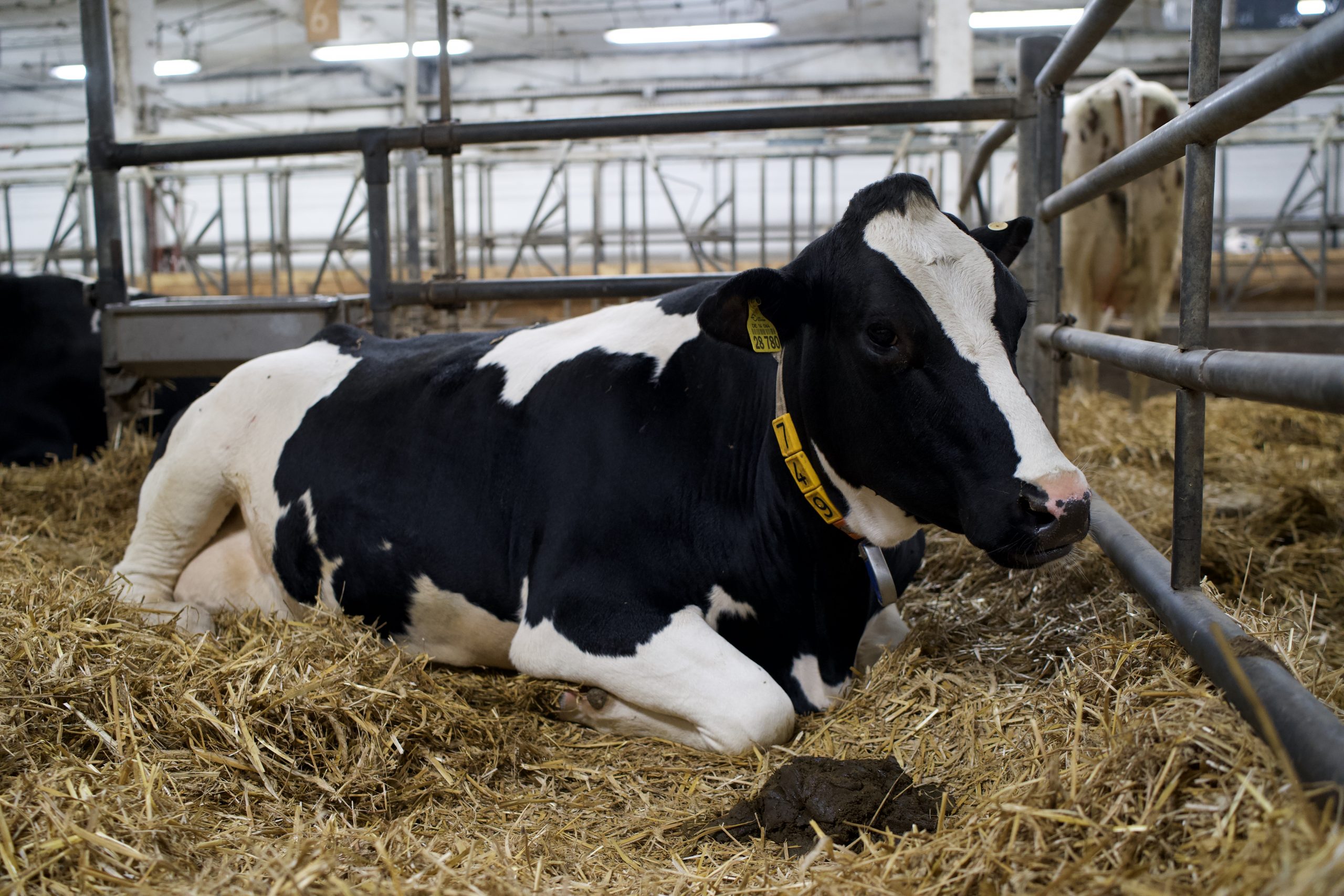
Reduced veterinary costs
Savings in manure management
Reduction of aflatoxins
Weight gain after 98 days
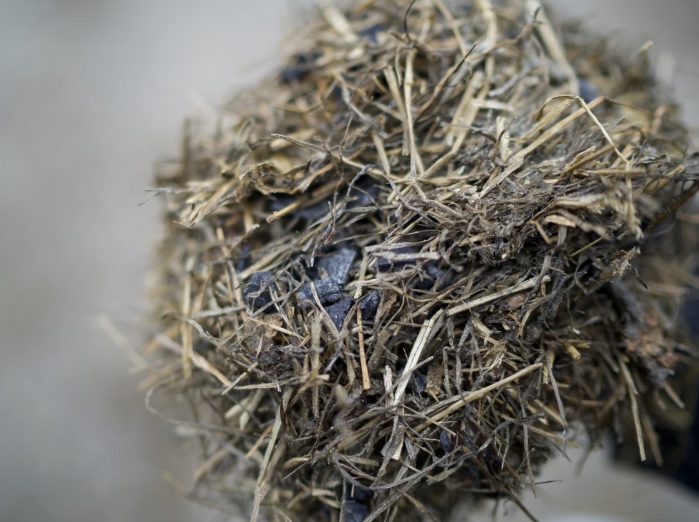
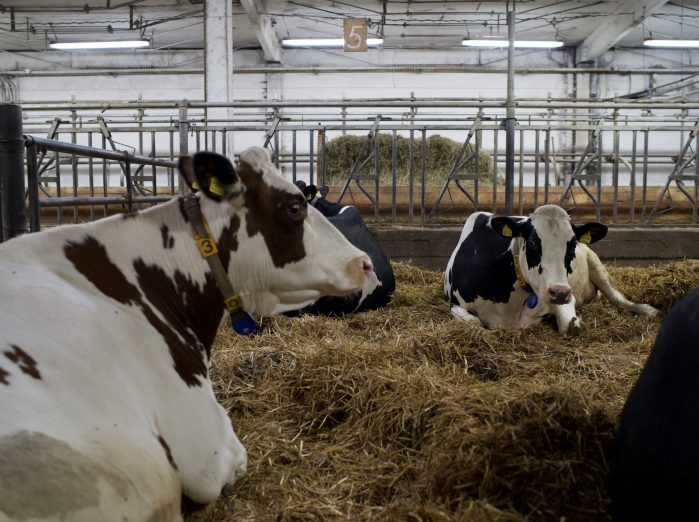
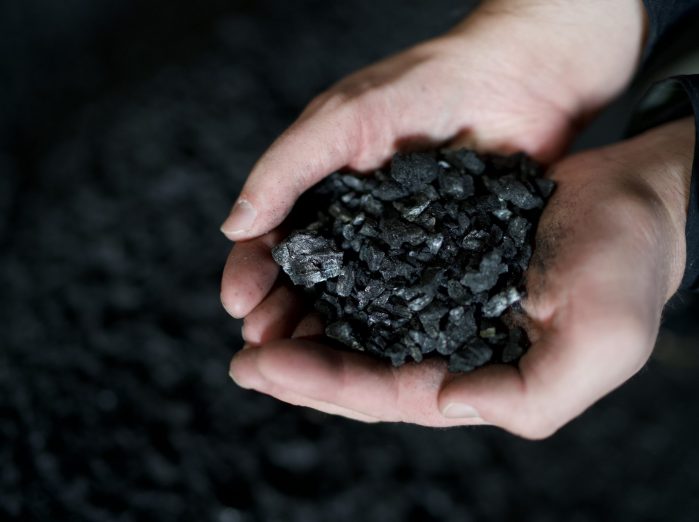
100% NATURAL
Premium Feed
Charcol
Promote animal well-being, reduce costs, and increase yields with QS-certified feed-grade biochar from BioChar, made from A1-grade wood chips. Our organic feed biochar can be easily mixed with all types of feed and supplements—no need to change your existing feed regimen.
Key Data:
Water content < 3%, carbon content > 93%, specific weight approx. 90 kg per m³, specific surface area approx. 450 m² per gram of feed charcoal, grain size 0 – 5 mm, QS-certified
QUALITY PROMISE
Our Promise:
The Highest Quality for Your Animal
Our BioChar organic feed charcoal for animals is already characterized by its strictly controlled production process. As the health of the animals correlates with the quality of the feed charcoal, the control of quality standards in this area is a top priority. The production of our organic feed charcoal is therefore strictly separated from other production chains. We only use pure, natural coniferous wood, preferably pine or spruce from German forestry operations, as our raw material. The sustainable forest management of these operations is certified to the highest standards. The use of biogenic waste as a biochar raw material or an admixture of this is expressly excluded.
Studies Have Been Confirming the
Benefits of Biochar for Years:
Biochar can reduce aflatoxin concentrations in feed by up to 74% and in milk by up to 45%. In some cases, adding biochar to feed significantly decreased mycotoxins such as ochratoxin A and deoxynivalenol. – Galvano et al. (1996a) and Diaz et al., 2004
Veterinarian Achim Gerlach fed dairy cows 100 to 400g of biochar daily with no adverse side effects. Somatic cell counts in milk decreased, while milk protein and fat content increased. After stopping biochar supplementation, somatic cell counts increased again and the animals‘ performance decreased. – Gerlach et al. (2014)
In the case of silage feed contaminated with fungi, feed intake and digestibility were improved and the fat content of the milk increased. – Bueno et al. (2005)
Let’s make a change
If you have any questions, please give us a call or use our contact form. We will get in touch with you as soon as possible.
